California aims to ban new gas-powered car sales by 2035. The state’s Air Resources Board approved this measure in August 2022.
California wants 35% of new car sales to be zero-emission by 2026, rising to 100% by 2035. Will this ambitious plan reshape America’s automotive landscape?
Eleven States Follow: Who’s Joining California?
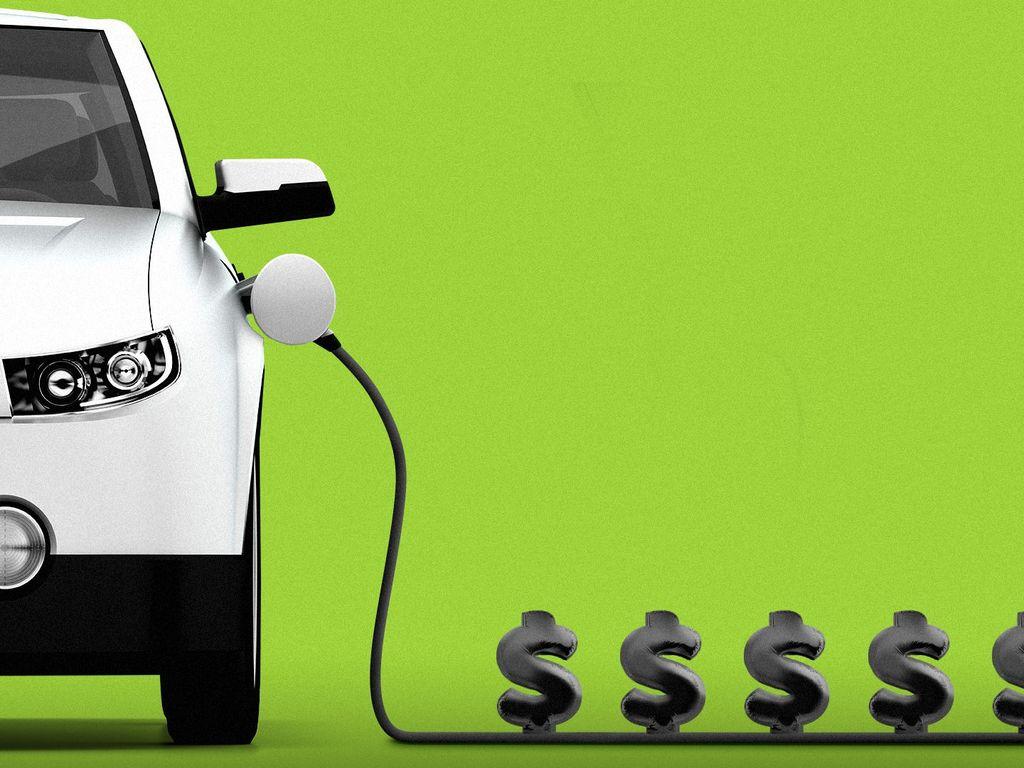
Eleven states plan to adopt California’s gas car ban. These include New York, Massachusetts, and Washington.
Section 177 of the Clean Air Act allows states to follow California’s stricter emissions standards. Can these states overcome the challenges of such a radical shift?
Phasing Out: How Long Will Gas Cars Last?
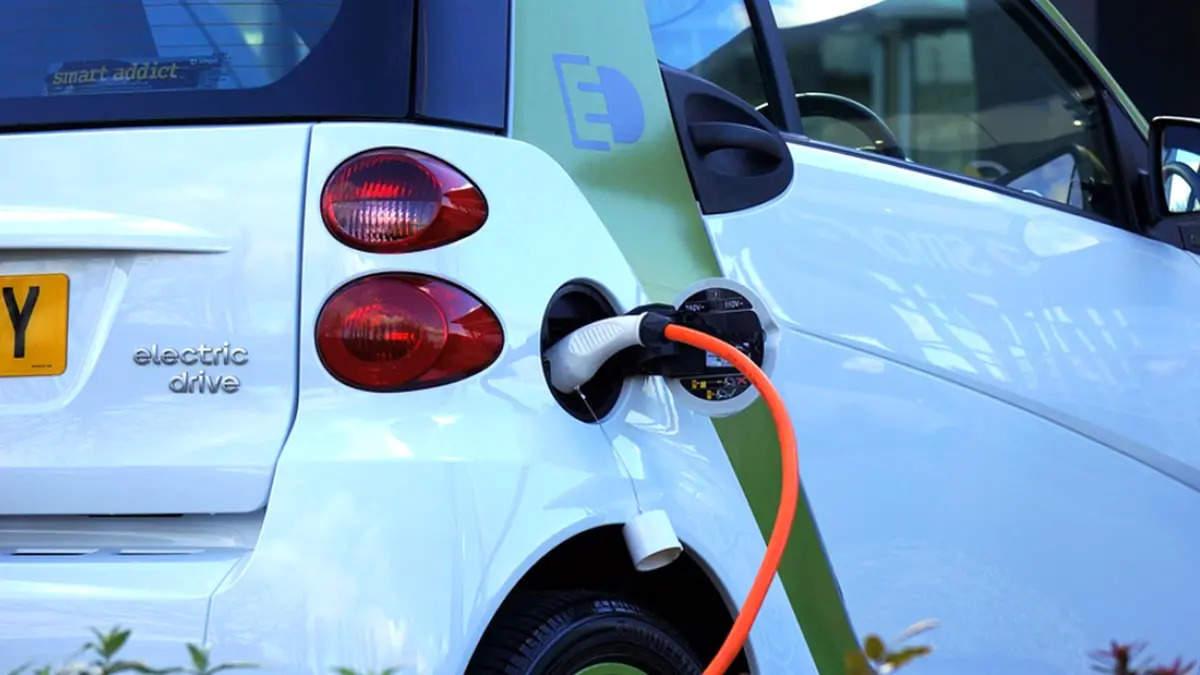
The average car lifespan is 12 years or 200,000 miles. Used gas-powered cars will remain available after the ban.
Only new car sales are affected by this legislation. Will this gradual transition ease the pain for consumers?
Heavy-Duty Vehicles: Are Trucks Next?
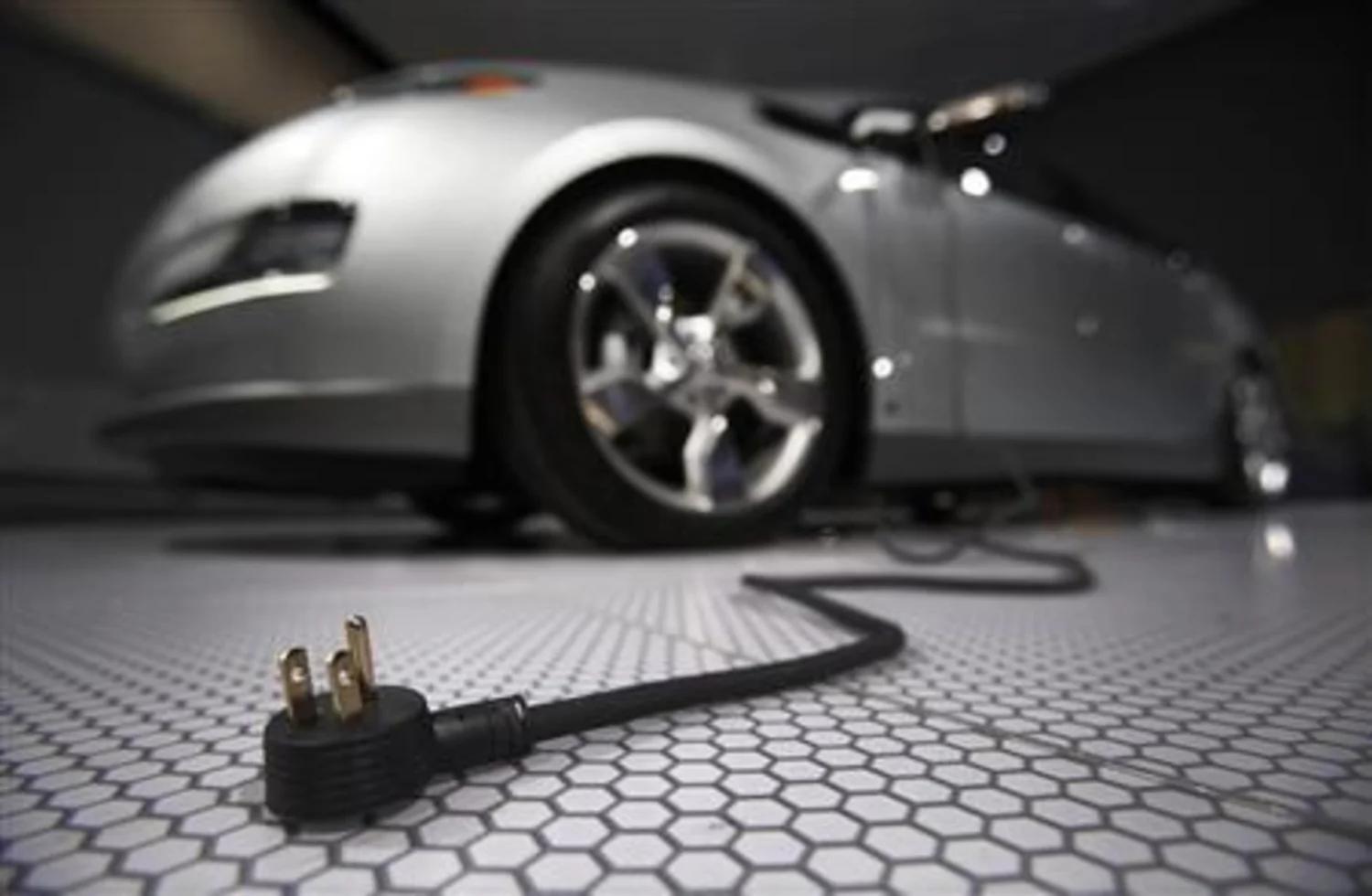
California plans to ban large diesel truck sales by 2036. Medium and heavy-duty vehicles produce a disproportionate amount of emissions.
The state aims for 100% zero-emission heavy vehicles by 2045 where feasible. Can the trucking industry adapt to this ambitious timeline?
Federal Action: Is a Nationwide Ban Coming?
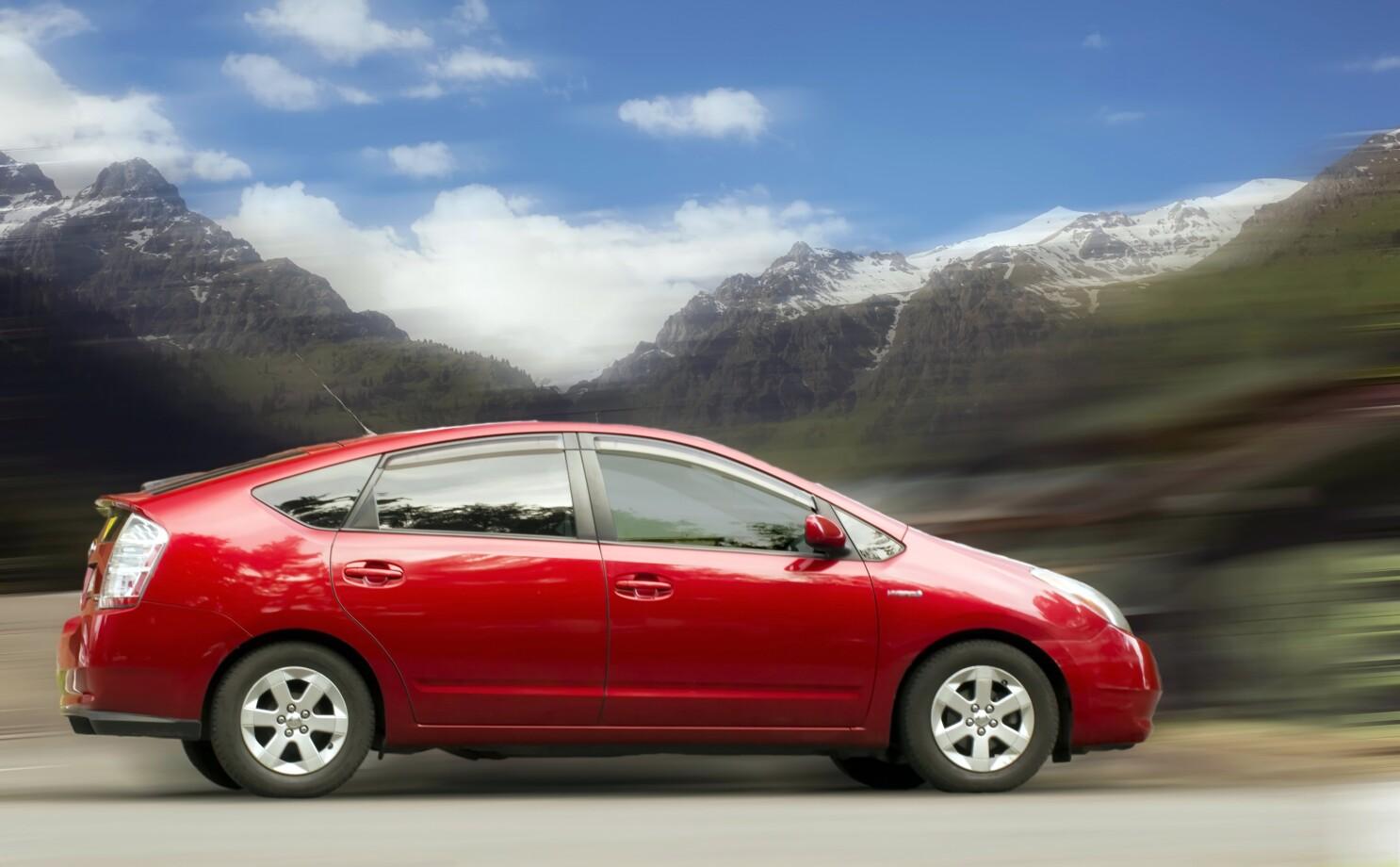
President Biden wants 50% of new car sales to be electric by 2030. The government has invested $5 billion in charging infrastructure.
Federal agencies must transition to zero-emission vehicles by 2027. Will these measures lead to a national gas car ban?
Economic Impact: Who Wins and Loses?
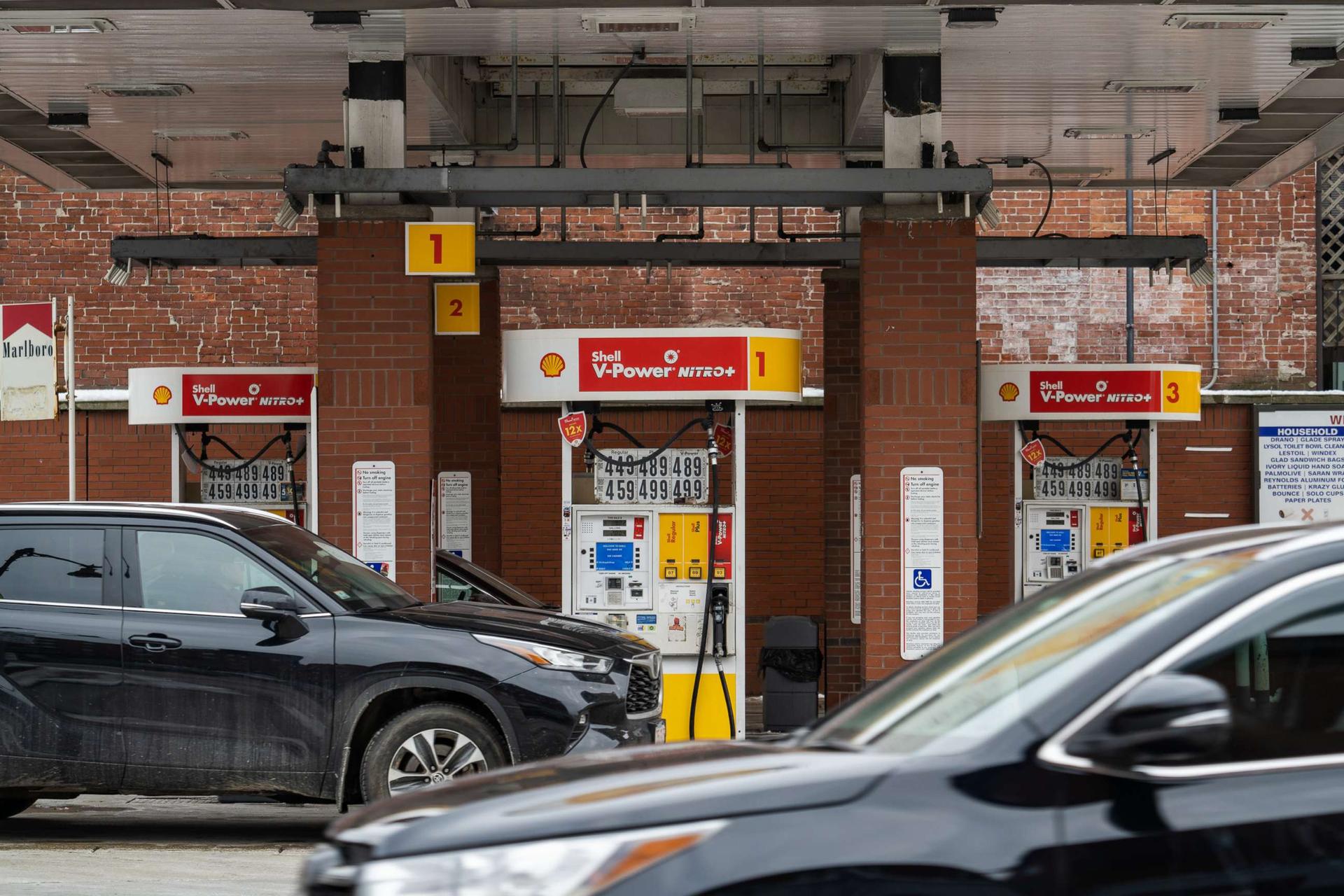
The US auto industry employs over 900,000 workers. Electric vehicles require 30% fewer parts than gas cars.
This shift could reshape the automotive job market. How will states and companies manage this transition?
Infrastructure Challenge: Can the Grid Handle It?
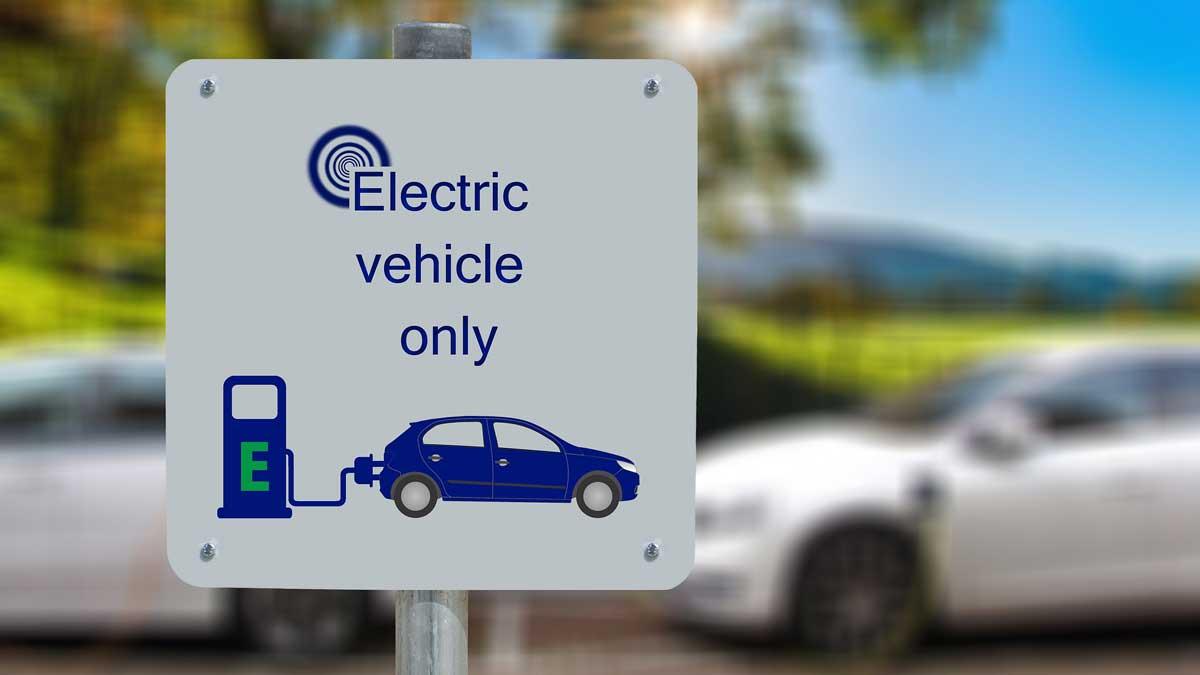
The US needs an estimated 1.2 million public chargers by 2030. Currently, there are only about 100,000 public chargers nationwide.
Grid upgrades may cost billions of dollars. Will America’s power infrastructure be ready for an all-electric future?
Consumer Concerns: Are EVs Really Ready?

EV range anxiety remains a top concern for buyers. The average EV range is now over 250 miles.
Charging times and battery life are improving rapidly. Can manufacturers overcome consumer hesitation?
Environmental Impact: How Much CO2 Will We Save?
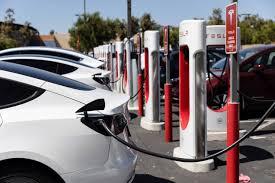
Transportation accounts for 27% of US greenhouse gas emissions. A complete transition to EVs could reduce emissions by 202 million metric tons annually.
This equals taking 43 million gas cars off the road. Will these bans significantly impact climate change?
The Road Ahead: Revolution or Roadblock?
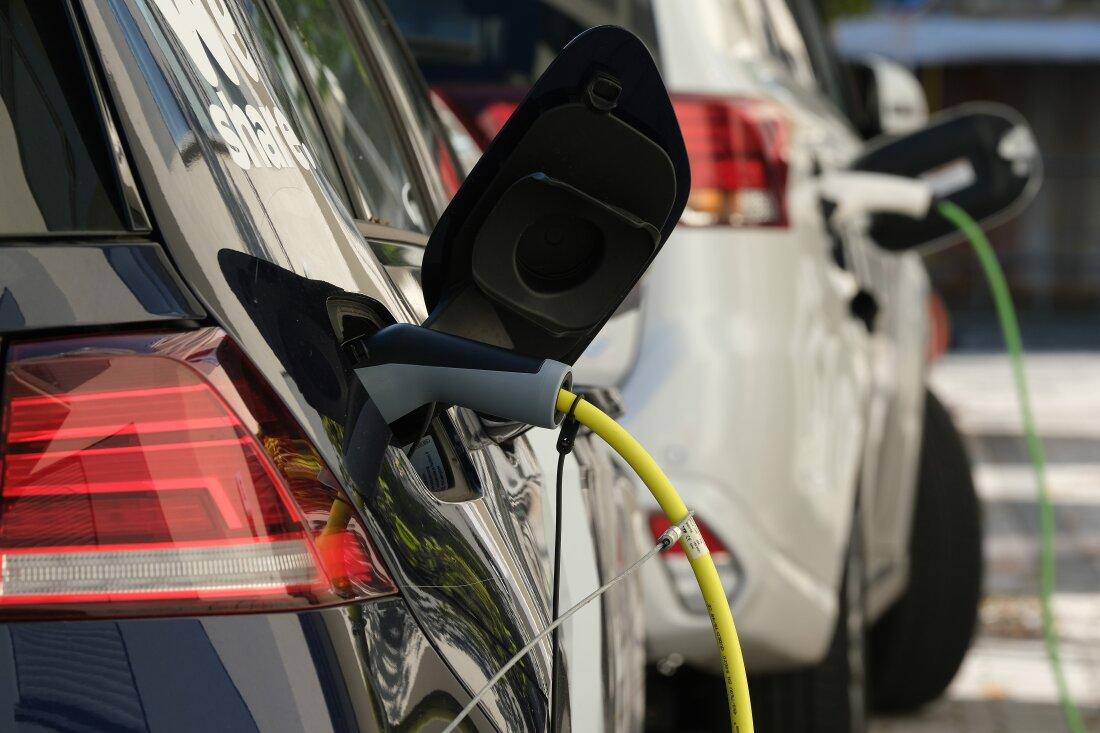
The gas car ban faces legal and logistical challenges. Some states, like Virginia, are fighting to reverse the ban.
The auto industry is investing billions in EV development. Will this bold move accelerate the electric revolution or hit unexpected speedbumps?


